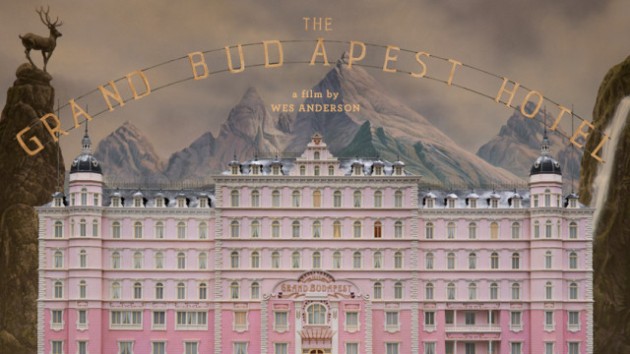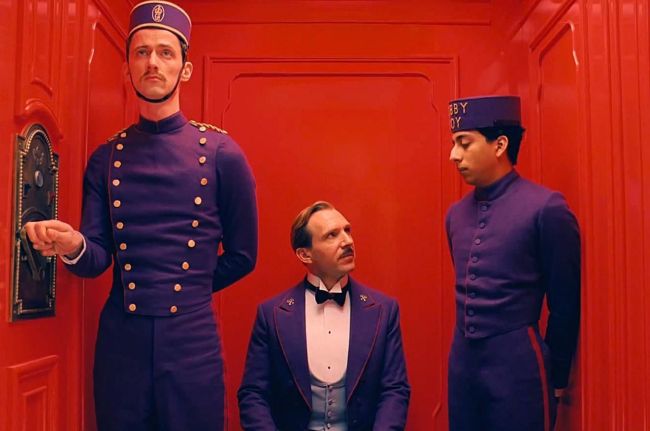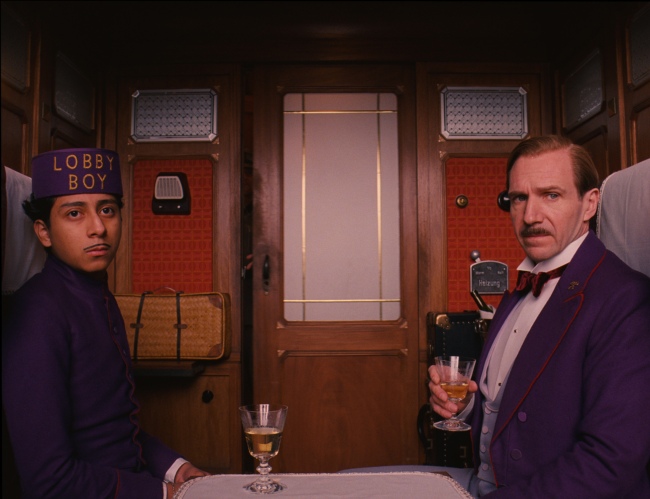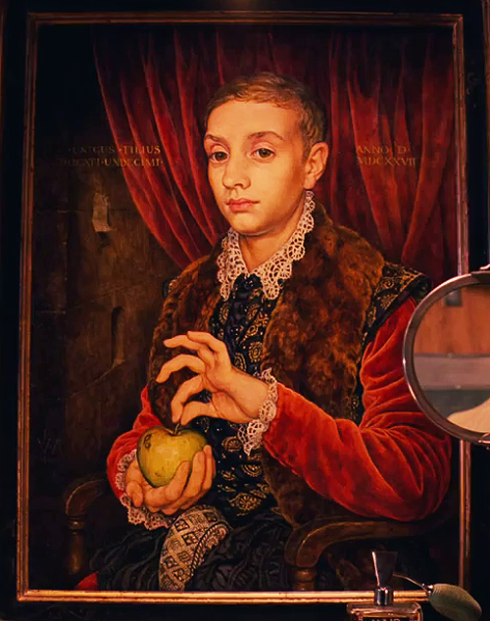Our culture’s artistic endeavors are disparate to say the least. A multitude of aspiring artists try out different ideas (more like experiments) and pawn them off as “unique” art. Everyone wants to be an auteur because everyone thinks they are genuinely valid and different. Unique is not a real qualification of an auteur or true artist; it’s an inevitable characteristic of one. Show the world how you see life, and more importantly let them know why.
One of the obvious auteurs today that, regardless how you feel about him, truly cultivates a unique vision is the idiosyncratic Wes Anderson. All I have to do is mention his name and you know what unusual vision I’m talking about. Maybe animated foxes come to mind, awkwardly close family members who don’t get along, or perhaps children who act so much older than they really are; you are aware of the wacky world of Wes Anderson’s films.
“It is an extremely common mistake: people think the writer’s imagination is always at work, that he is constantly inventing an endless supply of incidents and episodes, that he simply dreams up his stories out of thin air. In point of fact, the opposite is true. Once the public knows you are a writer, they bring the characters and events to you…” The opening lines in Anderson’s latest film “The Grand Budapest Hotel” sum up the reality of all his movies: most creativity comes from the absurd diversity of other people, all processed and packaged together by writers, storytellers. Perhaps this reveals his ability to create so many strange and beloved characters: he doesn’t. “The Grand Budapest Hotel” is no exception with its wide array of interesting persons.
The film follows the story of an experienced, yet fastidious hotel concierge, Monsieur Gustave (hilariously portrayed by Ralph Fiennes), and his newly found relationship with an immigrant lobby boy, Zero (up-and-coming actor, Tony Revolori). The first act focuses on M. Gustave’s occupation at the Grand Budapest Hotel in the Republic of Zubrowka as well as the newly found relationship with his recently hired lobby boy. M. Gustave and Zero meet and their relationship carries through the rest of the film. The plot is apparent 30 or so minutes into the film: an elderly woman close to Gustave passes away, her distant family comes together to take her wealth which now passes to Gustave according to her final will, and Gustave and Zero run and hide from an evil family who want them seized, or worse, killed. I’ll let you explore the rest of the delightful (and ridiculously hilarious) tale yourself. Part of the joy of this film is unknowingly letting its absurdity unfold.
“The Grand Budapest Hotel” is some of the most fun I’ve had in a long time and will continue to be fun the more it’s seen. It’s certainly Wes Anderson’s most entertaining film to date. The art direction is “Wes Anderson,” so you know what that means: bright pastellic colors that compliment or contrast very boldly at the most ridiculous times, and grandiose sets and props that are equally ridiculous in correlation to the characters that inhabit them. The cinematography is “Wes Anderson,” so most shots are either wide-angle or fish-eye and directly facing the actors like a stage play (except this time the film is mostly 4:3 aspect ratio, aka “Fullscreen”). The music is “Wes Anderson” (well, literally it’s Alexandre Desplat); in other words, very silly and spontaneous overall, yet endearing and touching during the times when mentally unstable characters learn what real community is with one another. The humor and writing is “Wes Anderson:” truly his funniest film yet. Overall, this pretentious review could have been summed in a single phrase: it’s a “Wes Anderson” film.
Go see this movie, especially go see it with friends. You will enjoy yourself, your friends will enjoy themselves. The thing about Wes Anderson and his films is that he is able to cultivate stories about bizarre people and their strange ability to build friendships and community with one another, despite their imperfections and brokenness. Gustave and Zero’s relationship is seriously a memorable one; though ridiculous at times, truly genuine and pleasant. “There are still faint glimmers of civilization left in this barbaric slaughterhouse that was once known as humanity.” I think Anderson’s latest adventure is quite the glimmer indeed.




